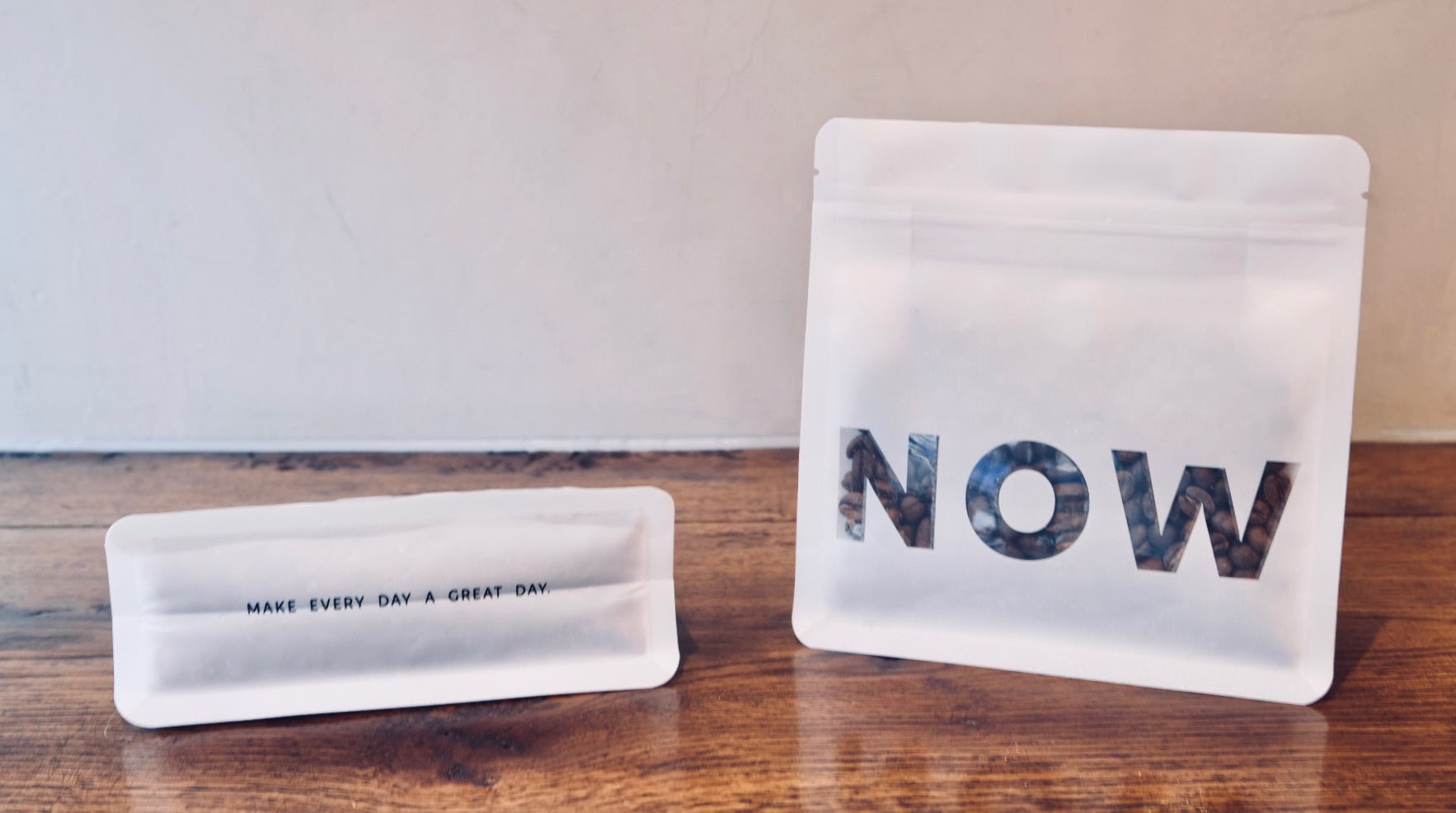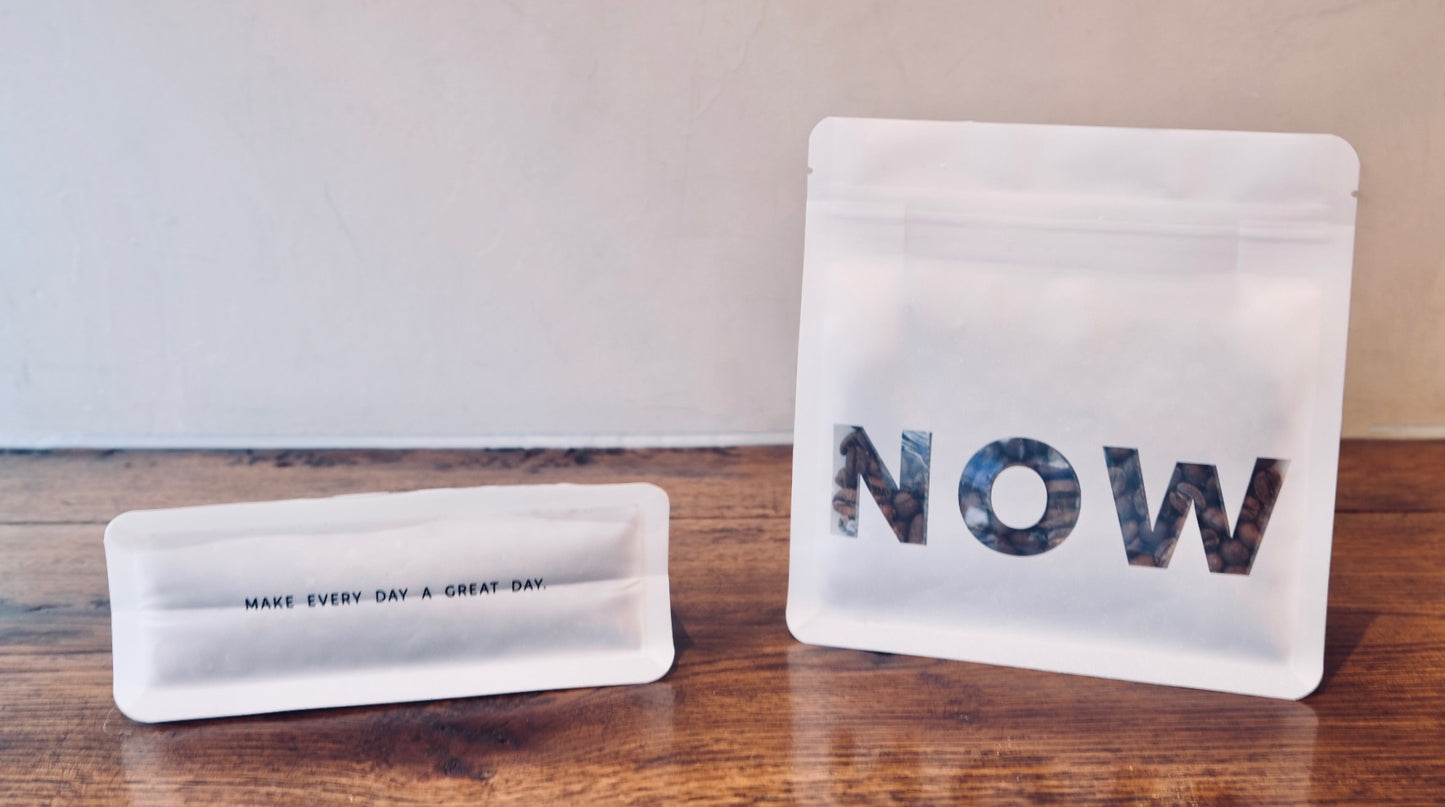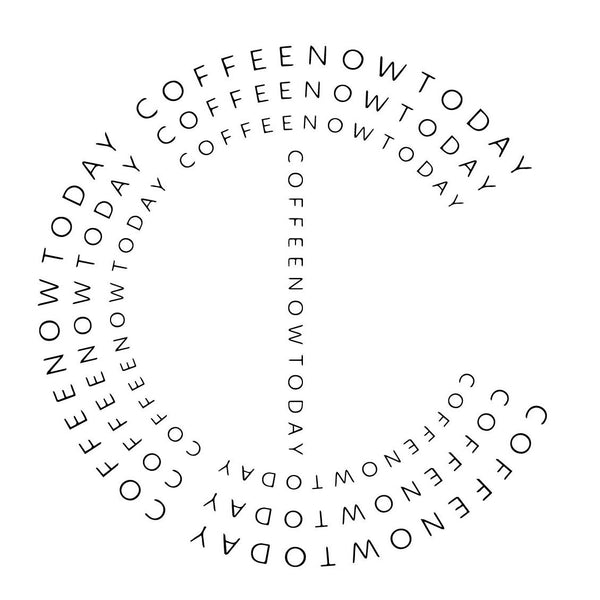02: INDONESIA DANDY DHARMAWAN IJEN LESTARI NATURAL [DIRECT TRADE]

A GOOD CUP FROM INDONESIA
Ya we know, Indonesia might not be you cup of coffee. With the long history from 18th century (thanks to Dutch East India Company) to the early 20th (I try not to talk about Kopi Luwak, it really isn’t a drink that you should consume), benefit by their famous semi-wash processes, Indonesian coffee had root a low acidy, heavy bodied, woody and spicy taste profile in our mind. Until we met Dandy, the person who manage to rank #4 with a score 88.75 at Cup Of Excellence Indonesien 21/22.
Amazed by the sweetness and how clean the samples are, we decided to bring you this Coffee and asked Dandy Dharmawan so many questions. So here’s some detail and a little interview bellow.

ABOUT THE COFFEE
This coffee is from Indonesia farm call IJEN LESTARI, located at Ijen, Bondowoso, East Java with altitude 1400 - 1600 masl surrounded by two active volcanoes. The varietal is about 70% USDA 762, and 30% Kolombia Brazil, a local named hybrid between caturra and catuai.
The Process: This coffee is Natural processed. After sorting the cherries, they are dried in the sun to a moisture content of 11-12%.
INTERVIEW WITH IJEN LESTARI
1. Can you tell me about the history and origins of your coffee farm? How did it all start?
So it all started in 2015 when I found a specialty coffee in Bogor (about 1000 km from my hometown), a city where my university was. So they served me with several process at that time: Natural, Honey and Washed. I was amazed because they told me it was from the same coffee cherries as raw material, and by implementing different kind of processing method, the cup result was totally different. That was the first idea. And I started thinking that there is a really huge coffee plantation nearby my hometown. They can be a perfect working ground after I finish my college.
The origin itself is in Mountain Ijen, East Java. There are quite huge area of coffee plantation (estimated around 20000-25000 ha). The soil is very fertile because of two active volcanoes around it. The altitude ranging from 1080 -1600 masl. It was actually a plantaion owned by Dutch company during the Dutch colonialization. And after Indonesia becoming Independent country, the Gov nationalized it and turned it to State Owned Plantation. Beside this State Owned Plantation, there are other coffee plantations that is being owned by farmers. Farmers plantation have about 90% of total area of the plantation I've mentioned before.
2. What makes your coffee farm unique or distinctive compared to others in the region?
As a coffee producer I think every origin has their own uniqueness. And as long as it has proper altitude and very fertile soil, any origin in the world can produce very high quality of coffee. Other variable that are able to optimize that are variety and processing standard. So if he origin is the same, variety is the same, but producer who process the coffee is different, then the greenbean result will also different. Have a good handling in the processing is really important to maintain the quality of coffee from cherry to greenbean.
3. Could you describe the specific coffee processing methods used on your farm? How do these methods contribute to the flavor profile of your coffee?
One of our favourite method is Carbonic Maceration Natural. So after harvest, we sort the coffee cherries, any foreign material such as stone, sand, leaves, branches and unripe cherries are discarded. Then we put the coffee cherries to the tank and inject the tank with carbon dioxide. We let it ferment for 72 hours or 3 days. After it finish the fermentation phase, we dry it until it reach optimum moisture level. Then we store the dried coffee cherry in the warehouse to rest for about 2-3 weeks. Last we hull it and sort the green beans.
The fermentation with carbon dioxide will flush much oxygen away from the tank. Oxygen is something that is not really good for fermentation because it will give any undesirable microorganism their source of living. This kind of microorganism will lead the coffee cherries to decompose, something that we try to avoid during fermentation phase. So by doing that we will have our fermentation optimum to process a better coffee.
4. Are there any particular steps or techniques that set your coffee processing apart from others?
Yes there are several techniques, but I can not share it with anyone. Haha.
5. How do you ensure the quality and consistency of your coffee from cultivation to processing?
First thing is the quality of cherry. The raw materials should be came from the right maturity. And the second one is during fermentation, we check the pH of the mucilage or coffee juice also the temperature. And the final one is the degree of the coffee dryness during drying.
6. What role does sustainability play in your coffee farming practices? Are there any specific initiatives you have undertaken to promote environmental or social responsibility?
So actually there is still no initiative for the environment thing. But coffee plantation in Ijen is mostly under shading trees, a really dense one. Because the land is owned by Gov, and they set rules where we are allowed to plant the forest with coffee and maintain the shading trees at the same time. So this kind of sustainable initiative with agroforestry concept is already an everyday thing for us in Ijen.
7. What challenges have you faced in coffee farming, and how have you overcome them?
There are several challenges. The first one is access. So it is a really common thing in Indonesia for a very rural area have no proper access. The road to the farm is still not perfect yet, especially during the rain. The next one is access to communication. The signal in the mountain areas is not that good. And the third challenge is human resource. Unfortunately most people in the mountain area only finish their elementary school. So it is very hard to communicate with them using specific scientific terms, discussing about even simple calculation and so on. Thus, the first two challenges is something that is really a mission impossible. But the third is more affordable by giving them simple and clear instruction for a little bit longer time.
8. Can you share any memorable or significant moments in the history of your coffee farm?
Yess. While we won #4 Indonesia Cup of Excellence in 2021. So actually we did not intend to join the event, but somehow when the registration date almost over, there was this really huge push in my heart to submit one of our lot. After months of really competitive filtration, we shocked about the result. There are other big producer names who joined. Some of them are very famous for their high quality coffee and turned out we beat them too. So it was a really important episode of our company winning that COE Indonesia.
9. How do you maintain relationships with your customers and ensure their satisfaction with your coffee?
We always approach them in social media or privately. Help them if there is any problem in the distribution or packaging. And we randomly ask them if there is any other thing that needs to be improved. We are welcome for something like this.
10. In your opinion, what is the significance of coffee to your farm and the surrounding community?
So actually winning the COE number four and purchased by very famous roaster, that is really lighting the candle of hope of coffee farmers in Ijen. Because usually our coffee only used as commercial material, that will be blended to another commercial coffee from other origins to meet the export contract. So our coffee identity like immediately lost once Ijen farmers try to enter that kind of market. And now we have
11. Looking ahead, what are your future goals and aspirations for your coffee farm?
We do really curious about the maximum capability of Ijen coffee. It is about how many point that we are able to achieve by improvising in cultivation method, variety and processing method. The best recorded cup point we earned was 88.75, and it will be really great if we are able to achieve somewhere around 95 points.
NOTES
BREWING RECIPES
brew with V60
15g coffee / 230g water ; 91degC
⏱ 00:00 | 30 grams
⏱ 01:00 | 100 grams (up to 130g)
⏱ 01:30 | 50 grams (up to 180g)
⏱ 02:00 | 50 grams (stop at 230)
Brewing time: ~ 2:30 - 3:00
brew with TRICOLATE
12g coffee / 185g water ; 93 degC
⏱ 00:00 | 45 grams
⏱ 01:00 | 70 grams (up to 115g)
⏱ 02:00 | 70 grams (stop at 185g)
⏱ 04:00 | Finish
Better cut off the water around 3:30, and dilute the coffee to desire TDS
LOOKING FOR OUR NEXT CHAPTER?
JOIN US FOR MORE EXCITED COFFEE

COFFEE : SUBSCRIPTION : NOW







